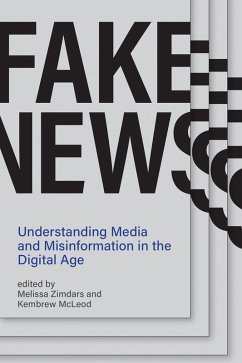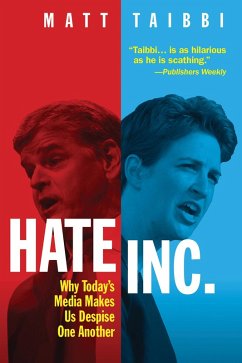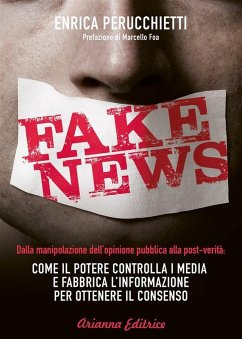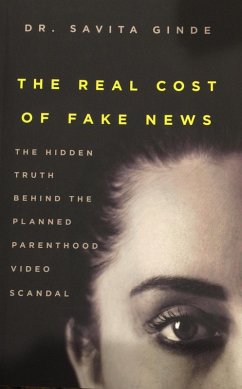
Extra! Extra! Read All About It (eBook, ePUB)

PAYBACK Punkte
0 °P sammeln!
The phrase "Fake News" gained widespread popularity during and after the 2016 United States presidential election, notably when then-candidate Donald Trump used it to dismiss critical coverage and allegations against him. Trump frequently employed the term "Fake News" to discredit media outlets that reported unfavorably on his campaign or administration, often referring to mainstream news organizations as purveyors of false or biased information.While Trump did not coin the term "Fake News," his frequent use on social media and public statements contributed to its mainstream usage and cultural...
The phrase "Fake News" gained widespread popularity during and after the 2016 United States presidential election, notably when then-candidate Donald Trump used it to dismiss critical coverage and allegations against him. Trump frequently employed the term "Fake News" to discredit media outlets that reported unfavorably on his campaign or administration, often referring to mainstream news organizations as purveyors of false or biased information.
While Trump did not coin the term "Fake News," his frequent use on social media and public statements contributed to its mainstream usage and cultural significance. By labeling unfavorable news coverage as "Fake News," Trump sought to undermine the credibility of the media and deflect criticism, framing negative stories as partisan attacks or attempts to delegitimize his presidency.
It's important to note that the term "Fake News" has since evolved beyond its original context. It is now commonly used to describe a broader phenomenon of false or misleading information spread across various platforms and by various actors. However, Trump's use of the phrase during the 2016 election campaign played a significant role in popularizing it as a catch-all term for discrediting unfavorable media coverage.
However, the roots of intentionally deceptive or manipulative news can be traced back in history.
While Trump did not coin the term "Fake News," his frequent use on social media and public statements contributed to its mainstream usage and cultural significance. By labeling unfavorable news coverage as "Fake News," Trump sought to undermine the credibility of the media and deflect criticism, framing negative stories as partisan attacks or attempts to delegitimize his presidency.
It's important to note that the term "Fake News" has since evolved beyond its original context. It is now commonly used to describe a broader phenomenon of false or misleading information spread across various platforms and by various actors. However, Trump's use of the phrase during the 2016 election campaign played a significant role in popularizing it as a catch-all term for discrediting unfavorable media coverage.
However, the roots of intentionally deceptive or manipulative news can be traced back in history.
Dieser Download kann aus rechtlichen Gründen nur mit Rechnungsadresse in A, B, CY, CZ, D, DK, EW, E, FIN, F, GR, H, IRL, I, LT, L, LR, M, NL, PL, P, R, S, SLO, SK ausgeliefert werden.













